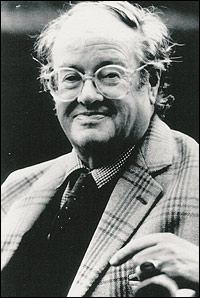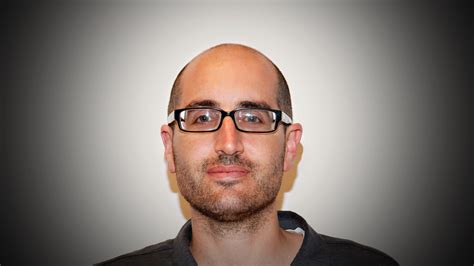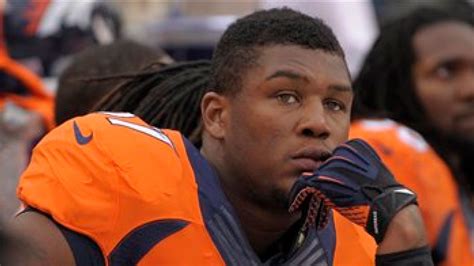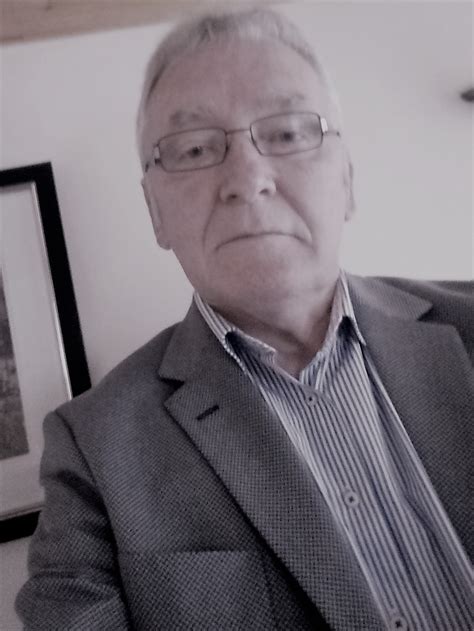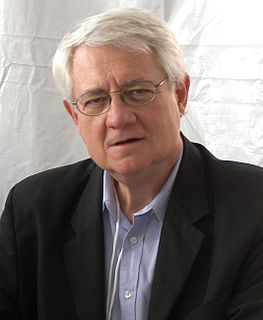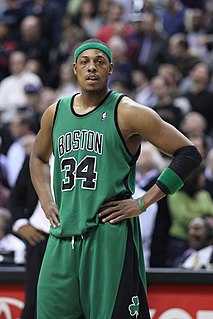A Quote by John Mortimer
I knew early on that I was going to be a writer. I think it's something rather like a curse that you're born with.
Related Quotes
I think that the Pulitzer Prize is definitely a blessing, but it's also a curse. Because I think that it is a blessing because the work gets more exposure, especially that particular play and then other works of yours too. And then it's a curse because people anticipate that you will write something like you've already written. I think it's really wrong because, you know, I think, as a writer, I'm in a process and I'm somewhere in that process, and I need to continue to develop.
When I look at Perfidia, I think, "That's a Pulitzer Prize winner. That's a National Book Award winner." It's not going to get it. It's going to be shelved in crime and it's just the way it is. I've done something that no one else has ever done; I've started out as a mystery writer, a police writer, and a crime writer, and I became something entirely different.
I knew that's where I was going. I knew we were going to Italy. You couldn't make this movie in America at this price. I knew it was going to be big. I knew there was going to be a ship involved and that there was going to be a set as big as the ship. I thought, well, here we go. But I knew that was where he was headed. He had been going this way for some time. All directors, once they have some success, they want to spend a whole heck of a lot of money. (Something else can't hear.)
I think that knowing where you're going is important, and it's not like, when Robert says that, it's not like we know what every episode of the next five, four, five, six seasons of the show is going to be. I think Matt Weiner knew how Mad Men was going to end. Vince Gilligan knew how Breaking Bad was going to end. Marc Cherry knew how Desperate Housewives was going to end. Along the way, the process of crafting those stories ... You don't know what the road, what twists and turns that road is going to take to ultimately get you there.
Writer-directors are a little bit more liberal, rather than having just the writer on the set, because I think sometimes the writer becomes too precious with the words. If you're a writer-director, you can see what you're doing and see your work in action, so I think you can correct it right there and still not compromise yourself.
As a reader, when the writer gets sentimental, you drift, because there's something fishy going on there. You recognize a moment that's largely about the writer and the writer's own need to believe in something that might not in fact exist. As a reader, you think, 'Where did the story go? Where did the person I'm reading about go?'
